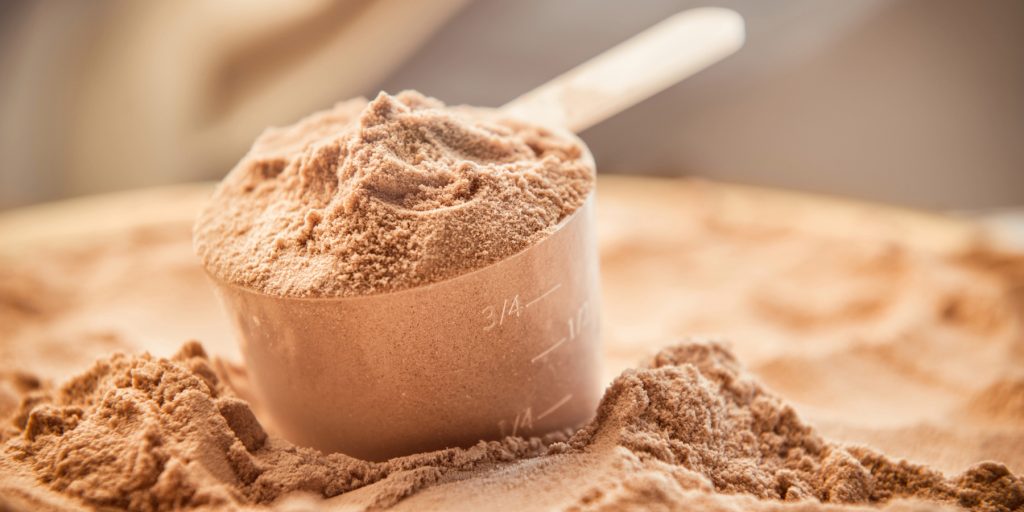 70 percent of Popular Protein Powders In India Mislabeled, 14 Percent Include Toxins: Study
70 percent of Popular Protein Powders In India Mislabeled, 14 Percent Include Toxins: StudyA recent study has revealed that majority of the popular brands consumed in India have significant discrepancies in quality, labelling, and advertised claims. Published in the peer-reviewed journal Medicine, the study examined 36 different brands of protein powders consumed in India, including those incorporating herbal and dietary supplements like vitamins, minerals, and other natural or synthetic ingredients.
The analysis found that a majority of these supplements, around 70%, provided inaccurate protein information. Some brands were found to offer only half of the claimed protein content. Additionally, approximately 14% of samples contained harmful fungal aflatoxin – toxins by a particular fungus – and 8% showed traces of pesticide residue. Concerningly, the study highlighted that many Indian-made herbal protein-based supplements were of poor quality and contained liver-toxic botanicals.
The analysis categorized the 36 protein powders into blended formulations, pure plant-based, and pure whey-based formulations. Of these, nearly 70% were mislabeled regarding protein content, with deficits ranging from less than 10% to over 50%. Some products were found to have significantly higher protein content than advertised, raising concerns about deceptive practices like ‘protein spiking’ as they could suggest good quality protein or cheaply available protein components.
Out of the 14 blended formations, seven contained herbal extracts while the rest contained different types of sources of protein such as soy, egg, peanuts, pea, and milk (whey, casein, or whole). Twenty of the brands were Indian while the rest were manufactured by international firms.
Dr. Cyriac Abby Philips, a hepatologist from Rajagiri Hospital in Kerala and the principal investigator of the study, emphasized the need for stringent scrutiny, regulation, and safety studies before marketing such supplements. He noted a lack of proactive analysis in published literature specifically focusing on widely utilized protein-based supplements.
Furthermore, the study identified samples contaminated with aflatoxins and trace amounts of pesticide residue, posing potential health risks to consumers. Dr. Philips singled out certain brands, such as BigMuscles Nutrition and Amway, as having particularly poor quality or containing harmful substances.
Dr. Phillips took to X (formerly known as Twitter) to share brief summary for all concerned protein users:
- Best Whey – One Science & Ultimate Nutrition
- Best Medium Range Whey – Nutrabox
- Best Vegan Protein – Origin
- Worst Whey Bran – Big Muscles
- Worst Plant-Based – Amway
- Worst Brands Advertised As Best – Protinex/Ensure/B-protin
- Worst Protein Content – B-Protin, Ensure Plus, Bakson’s Protein & Vegan by Big Muscles
- Brands That Need Extreme Caution – Protein by Elements/Nutrilite by Amway [fungal toxins]
Notably, Union Health Minister Mansukh Mandaviya had shared that the Food Safety and Standards Authority of India (FSSAI) had lodged numerous civil and criminal cases in 2022-23 concerning non-conforming food samples such as protein powders and dietary supplements. This was in reply to a question posed in the Lok Sabha last year.
Hello, I have a fantastic Saturday morning read for you. In fact, you’ll be engrossed in this the whole day.
As promised, we have published our disruptive project – the unique public-health project funded by @paraschopra to analyze common/well-known protein supplements sold in… pic.twitter.com/xzb7Gh0G3Q
— TheLiverDoc (@theliverdr) April 6, 2024
